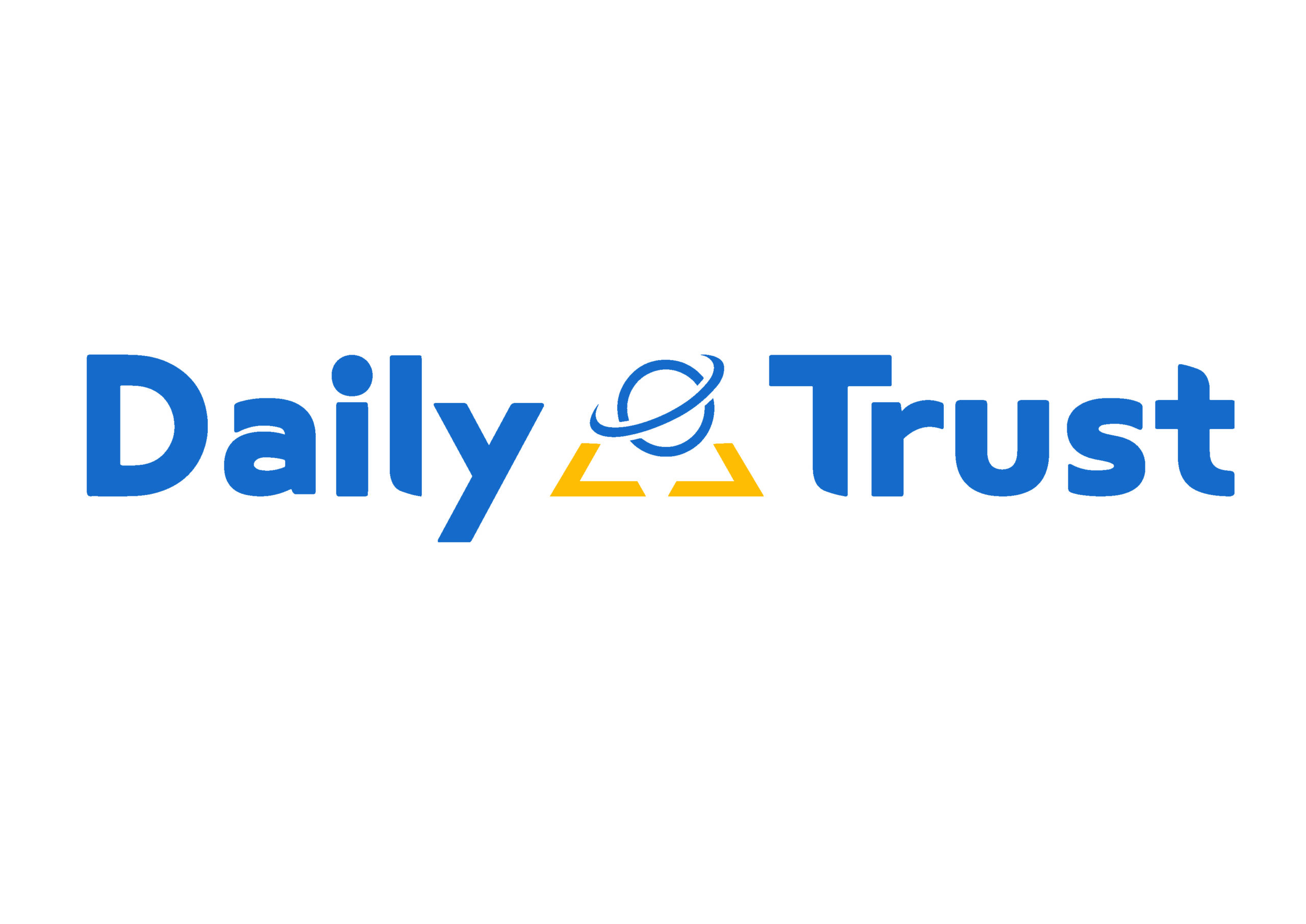There are some things that only experience teach.
A few months ago, a deaf patient came to the clinic. We will call her Zainab. Mrs Zainab was a 36-year-old housewife who came for a follow-up visit because of her high blood pressure. I was curious about her disability and asked if she had always been deaf. She replied that she lost her hearing just last year.
Last year! Now, I was more intrigued. ‘What happened? Was it an accident?’
Zainab suffered from sudden deafness – or sudden sensorineural hearing loss – in her right ear during her pregnancy in 2023. “It happened overnight,” Zainab recalls. “I fell asleep and when I woke up, I was deaf on the right side”. At first, she did not notice the hearing impairment. She went about her daily activities until she noticed her older children tapping her shoulder more frequently to get her attention. She realised that she could only hear people when she turned her head in a particular position or if they were close to her.
Zainab comes from a large, polygamous, conservative family in rural settlement outside of Kano metropolis. She is the third wife of a traditional chief who has twenty-three children as at the last count. Zainab was pregnant with her fifth child when she realised her hearing loss. When she complained to her husband, he attributed it to ‘djinn’ (evil spirits) and a Mallam was called to make Ruqiya (exorcism). The man came several times to read the Quran and make several incantations in her presence. On one occasion, she said, the man came with a small whip. That was when she revolted. Nobody was going to flog her for a condition that she had no control over, Djinn or no Djinn.
And yet, the hearing loss progressed and persisted.
When Zainab delivered her baby and was strong enough, she decided to take decisions into her hands. Under the guise of visiting a cousin who was getting married in Kaduna metropolis, she visited their Ear Care Center. There, she was examined and told that she sensorineural healing loss caused by Otosclerosis. Later, I would learn that although rare, some pregnant women may develop a condition known as otosclerosis which is an abnormal bone growth in the ears, causing hearing loss and tinnitus. The surge of hormones is thought to be one reason why pregnant women seem more at risk.
However, the diagnosis was the only positive outcome. Zainab learned that she would never hear from her right ear again. The impact was initially devastating. It left her feeling vulnerable for the first time in her life. How would she cope with her rowdy children? Her husband? Her co-wives? She also had to get used to the tinnitus in her right ear that caused a buzzing sound that can be both uncomfortable and distracting.
The doctor at the center explained to her that she would need hearing aids and surgery. The surgery would cost an arm and a leg, and was not readily available. Hearing aids would amplify her hearing and were her best option. Zainab left the hospital more depressed than before.
At home, she tried to cope with her new disability albeit with many challenges. Her co-wives teased her and called her ‘Kurma’. They would intentionally come to her face and scream their words claiming that she could not hear them. Their children pinched her to get her attention. Her husband chastised her for not appearing immediately when he called. Her children often tiptoed away from the house when she was not looking. Her greatest fear, she confessed, was adapting to the spatial hearing loss, where she could not determine the direction of a sound source. It left her confused and dejected.
Over the past months, Zainab had developed practical skills to cover up for her hearing deficit. Her older brother had bought her a phone with a very high vibration frequency. All her clothes now had pockets sewn in where she could feel the vibration against her thigh when called. The vibration served as an alarm to wake her up during Subh. She also learned to face a person directly and lean in with her left ear so that she could hear well. Most importantly though, she had taught herself to ignore the teasing and mockery.
If she could ignore the buzzing in her ears, surely, she could ignore people’s scathing remarks?
I had to agree with her.
‘What about the hearing aids? I inquired.
She could not afford it. The type of hearing aid she would need cost about N250,000.
Hearing loss is the commonest sensory disability and the third greatest contributor to the global burden of disease. The majority of individuals with disabling hearing loss live in low and middle-income countries (LMICs) and, for many of them, hearing aids are the key to rehabilitation. Currently, however, hearing-aid production meets only 10% of global need and most amplification devices are designed, manufactured and dispensed in industrialised economies. Despite the benefits of hearing aids to enhancing speech comprehension and effective communication, its usage continues to be hampered by cost and non-availability. Of the projected 35 million hearing aids required each year in developing countries, only one million are actually provided; moreover, current hearing aid production meets less than 10% of global needs (WHO, 2017). There are a number of reasons for this gap between demand and supply, principally: limited public awareness of the benefits of hearing devices; a scarcity of professional support for hearing-aid fitting; and cost, which is a barrier to purchase in many countries.
Truth is, the average cost of hearing aids in Nigeria is beyond the reach of the general populace. This is due to poor economy in a country with monthly minimum wage of 18,000 Naira ($12 USD). Therefore, less than 1% of hearing impaired individuals in developing countries use hearing aids due to the high cost of the device.
So, what is the solution? Do we bring out our proverbial begging bowl once again?
One of the ways Nigeria bridges this gap is though philanthropic exercises like that of Rotary Nigeria, Obasanjo foundation and MTN’s Hearing Aid Support Project (HASP). However, as will know, this has not proved sustainable. There is no steady supply as the funds come in aliquots and are too far apart.
One of the solutions that has been proposed repeatedly is for the government to make hearing aids readily available by subsidising (I utterly detest the word ‘subsidy’ now!) the cost and improving its supply in hospitals. Advocates of hearing loss have also asked government to include hearing aids under the NHIA. One of the goals of the national policy and strategic plan for of ear and hearing care (2019-2023) is to have hearing aid services (including fitting and maintenance) available and accessible to most people in urban and rural parts of the country. Also, Cochlear Implant (including follow-up and therapy) must be accessible in at least 3 designated tertiary centres. I do not know if that goal has been realised.
This solution, however, is also not sustainable. A government that is yet to provide steady electricity and potable water cannot afford to subsidise hearing aids. Let us tell ourselves the truth. With this dollar instability, how can they make bulk purchases? Who will bear the cost? A more lasting solution would be manufacture our own hearing aids. Biomedical engineers can be trained to make this equipment or in the absence of that, manufacture in Nigeria under licence from the parent company. We cannot continue to import things that cost just N250k. it is very embarrassing.
I learnt a lot from Zainab’s story. From her sombre narration, I learnt about the power of determination, resilience and most importantly acceptance.

 Join Daily Trust WhatsApp Community For Quick Access To News and Happenings Around You.
Join Daily Trust WhatsApp Community For Quick Access To News and Happenings Around You.

